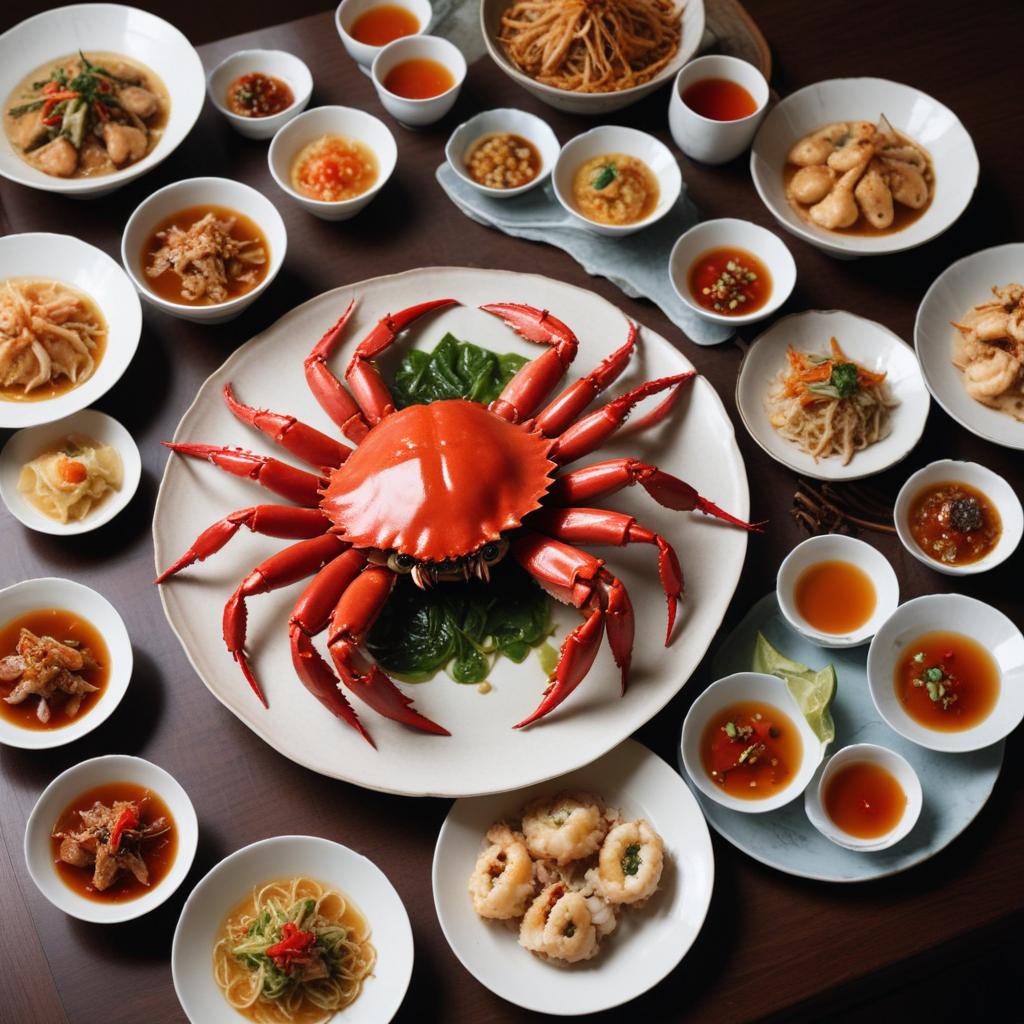Explore the rich history and philosophy of Chinese cuisine through the eyes of British food writer Fuchsia Dunlop, delving into ancient traditions, diverse specialties, and the challenges facing traditional foodways in modern China.
This article delves into the profound history and philosophy of Chinese cuisine, largely through the work and experiences of British food writer Fuchsia Dunlop. It begins with a personal anecdote about the cultural significance of eating hairy crab, a seasonal delicacy. Dunlop's book, 'Invitation to a Banquet: The Story of Chinese Food,' is highlighted as a comprehensive exploration of Chinese gastronomy, emphasizing its unparalleled diversity, sophistication, and historical depth. The article details how Chinese cuisine has, for millennia, prioritized fresh, local, and seasonal ingredients, a concept known as 'terroir,' and valued 'root flavors' (benwei), balance, and moderation. It notes that many culinary ideas considered modern in the West have ancient roots in China. Dunlop's unique journey from a Cambridge scholar to a leading authority on Chinese food, even earning acclaim within China, is a central theme. She is credited with helping Chinese people reconnect with their own culinary heritage amidst rapid modernization. The article also touches on Dunlop's role in challenging traditional male-dominated food discourse and her efforts to elevate the perception of Chinese food in the West, combating stereotypes of it being 'cheap' or 'low-status.' It discusses the historical openness of Chinese cuisine to foreign ingredients and the development of its distinctive traits, from the ancient divide between grain and meat dishes to the emergence of a 'true cuisine' during the Song dynasty. However, the article also presents a poignant narrative of loss. Dunlop witnessed the demolition of traditional neighborhoods and the transformation of China's food system, with the rise of Western fast food and processed foods leading to a decline in traditional healthy eating and an increase in chronic diseases. This shift has created a yearning for a simpler, healthier past, reflected in popular media like 'A Bite of China' and Li Ziqi's videos. The piece concludes with the evocative story of Xie Laoban's disappearing noodle shop, symbolizing the ephemeral nature of food and places, and how Dunlop's work serves as both documentation and an 'epitaph' for a vanishing culinary heritage, preserving its essence through words.



